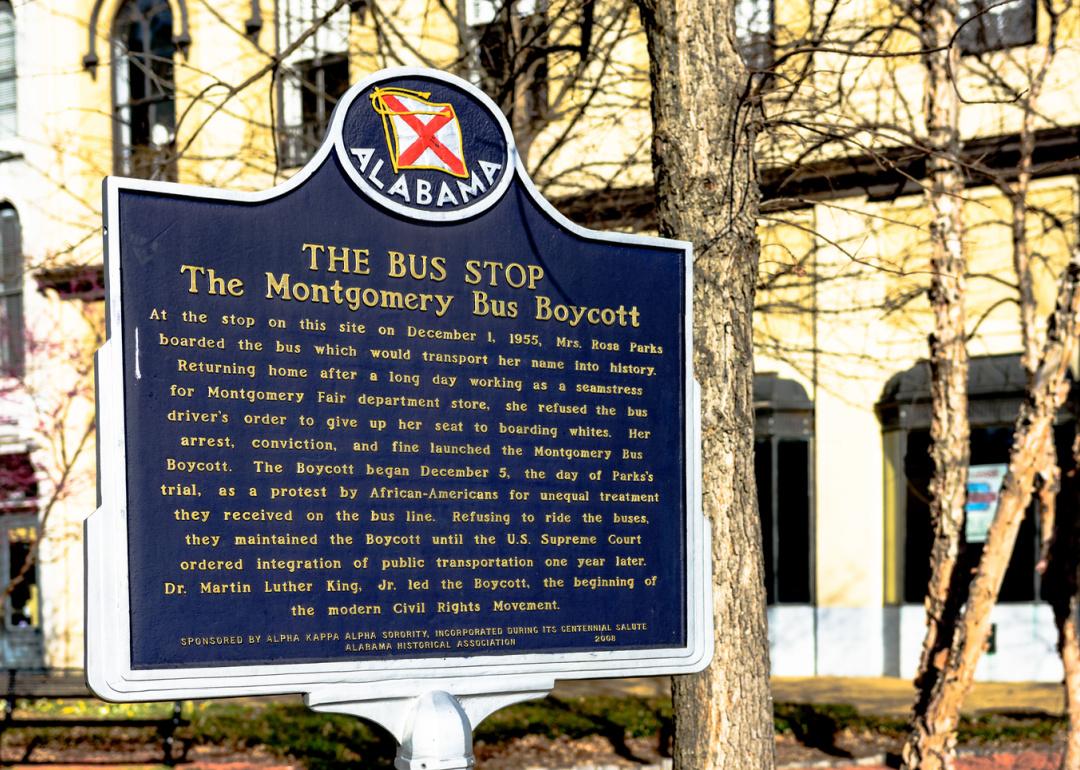
A final breath triggers a revolution: A major civil rights moment in Minnesota
A final breath triggers a revolution: A major civil rights moment in Minnesota
A land of contradictions from the outset, the United States was founded by slave owners who spoke passionately and eloquently about liberty, freedom, and justice for all. In the beginning, "all" was limited to men of European ancestry who were wealthy enough to own land. The Constitution's protections did not apply to most of the people living in America for most of America's history—at least not in full.
Women—about 50% of the population—were not included in the country's concept of "all," likewise millions of slaves—and for a long time, their offspring. Native Americans, the descendants of the original inhabitants of the United States, were commonly excluded from the promise of America, as were many immigrants, ethnic groups, and religious minorities.
Despite all the work that remains to be done, all of those groups and many others now enjoy freedoms that had to be won—won through the courts, through the court of public opinion, through mass demonstrations, through legislation, through boycotts, and in many cases, through martyrdom.
Fighting to expand the definition of "all" requires powerless people to challenge the power structures that benefit from keeping certain people locked in their status as second-class citizens. They often do it at great risk to their jobs, their reputations, their homes, and in many cases, their lives. Even so, brave advocates and activists fought the good fight in every state in America. Each state has a unique story to tell about the epic struggles for civil rights that were waged there, as well as those that continue to be waged. The following is a tiny sliver of their collective efforts.
Using a variety of sources, Stacker identified a defining moment for civil rights in all 50 states. They stand out for different reasons and led to changes that lifted different groups, but they all prove how much can be achieved—and how much still remains to be accomplished.
Keep reading to find out your state's contribution to civil rights.
Minnesota: A final breath triggers a revolution
Echoing Eric Garner, the mantra of the modern civil rights movement remains "I can't breathe," the last words spoken by Garner and then George Floyd, a 46-year-old Black man who on May 25, 2020 was slowly killed over 8 minutes and 46 seconds by a white Minneapolis police officer who refused to lift his knee from Floyd's neck. His death set the spark for the most significant social upheaval since the 1960s and triggered global protests that continue to this day.
Click here to see an event from every state or continue reading for other events near Minnesota.
Iowa: Iowa advances in 1868
Iowa's long record as a pioneering state for civil rights can be traced to 1868, just three years after the close of the Civil War. That year, Iowa lawmakers—all white men—outlawed segregation in schools nearly 90 years before Brown v. Board and granted Black men the right to vote. As in so much of the country, however, the laws rarely matched the realities on the ground for African Americans in Iowa, many of whom remained both separate and unequal for generations.
Michigan: A white jury delivers justice
Like much of America, Michigan has a long history of using economic and social leverage to ghettoize its African American citizens, but it also has a long history of civil rights achievements that were ahead of their time. When a mob attacked the home of Ossian Sweet, a Black physician who bought a house in a white neighborhood in 1925, the man and his family fought back, killing a white mob member in the process. A year later, Sweet was acquitted by an all-white jury for a crime that would have almost certainly gotten him lynched elsewhere in the country, proving that sometimes justice could prevail, despite its imperfections.



